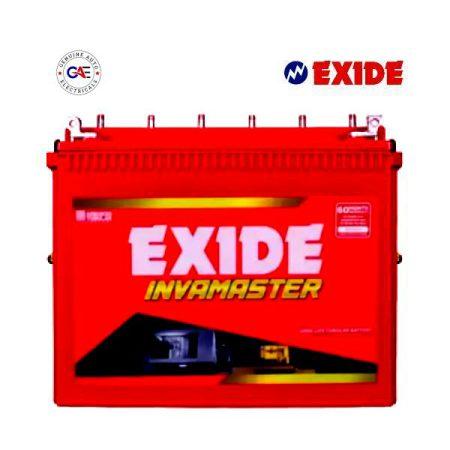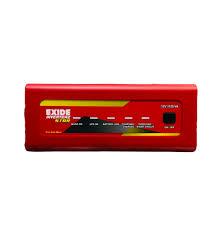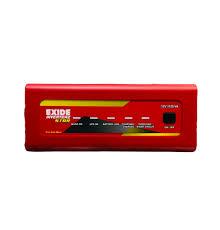Inverter Battery Shop Near Me In Bengaluru To find an inverter battery shop near you in Bengaluru, you can use online search engines like Google Maps or business directories such as Yellow Pages. Simply type "inverter battery shop near me" into the search bar, and the platform will provide you with a list of shops in your vicinity along with their addresses, contact information, and sometimes even reviews from other customers. Additionally, you can ask for recommendations from friends, family, or neighbors who might have recently purchased inverter batteries in Bengaluru. To find an inverter battery shop near your location, you can use various methods: 1. **Google Maps**: Open Google Maps on your smartphone or computer and search for "inverter battery shop near me." This will show you a list of nearby shops along with their ratings and reviews. 2. **Online Directories**: Websites like Yelp, Yellow Pages, or local business directories often list inverter battery shops along with their contact details and reviews. 3. **Local Classifieds**: Check local classified ads in newspapers or online platforms like Craigslist or Facebook Marketplace. Sometimes, local shops advertise their products and services there. 4. **Ask for Recommendations**: Reach out to friends, family, or neighbors who have purchased inverter batteries before. They might recommend a reliable shop in your area. 5. **Social Media**: Post a query on social media platforms like Facebook or community forums asking for recommendations for inverter battery shops in your area. Once you locate a few shops nearby, you can contact them to inquire about their products, prices, and any other details you need before making a purchase. An inverter battery is a crucial component of an inverter system. In simple terms, it stores electrical energy in the form of chemical energy and converts it back to electrical energy when needed. Here's how it works: 1. **Charging:** When the power supply is available (typically from the grid or a generator), the inverter charges the battery. This process converts electrical energy into chemical energy, storing it within the battery. 2. **Discharging:** When there is a power outage or when the inverter is turned on, the battery discharges. The chemical energy stored in the battery is converted back into electrical energy, which powers your appliances or devices connected to the inverter. Inverter batteries are typically lead-acid or lithium-ion batteries. Lead-acid batteries are more common and cheaper, but they are heavier and require maintenance. Lithium-ion batteries are lighter, have a higher energy density, and require less maintenance, but they are more expensive. When choosing an inverter battery, it's essential to consider factors such as capacity (measured in ampere-hours, Ah), voltage compatibility with the inverter, maintenance requirements, and expected lifespan. The right battery capacity depends on your power requirements and the duration of backup you need during a power outage. An inverter is an electronic device that converts direct current (DC) power into alternating current (AC) power. This conversion is essential for many applications, especially in situations where AC power is needed but only DC power is available, such as in solar power systems, batteries, and electric vehicles. Inverters come in various types and sizes depending on their intended application. They can range from small, portable inverters for powering small electronic devices like laptops or mobile phones, to large industrial-grade inverters used in solar power plants or wind turbines. The basic principle of operation involves converting the DC input into a high-frequency AC signal using electronic switches (such as transistors or thyristors) and then shaping this signal to resemble a sine wave, which is the standard form of AC power used in most electrical systems. Inverters are crucial components in modern power systems, enabling the efficient use of renewable energy sources like solar and wind power, as well as providing backup power during outages through battery-based systems. Batteries are like the silent heroes of our tech-driven world, quietly powering everything from our smartphones to electric vehicles. They come in various shapes, sizes, and chemistries, but they all serve the same fundamental purpose: storing and releasing electrical energy. The most common types of batteries include: 1. **Lithium-ion (Li-ion)**: Widely used in portable electronics like smartphones, laptops, and tablets, as well as in electric vehicles. Li-ion batteries offer high energy density and relatively low self-discharge rates. 2. **Lead-acid**: These are the oldest type of rechargeable battery and are commonly found in cars, motorcycles, and uninterruptible power supply (UPS) systems. They're known for their reliability and low cost but have lower energy density compared to newer battery technologies. 3. Nickel-metal hydride (NiMHi
Exide Inverter Battery by LUMINOU
Inverter Battery Shop Near Me In Bengaluru
INR 13199 INR 18499
In Stock
COD Available
Add to cart
Enquire
Keywords
Ah•Yelp•grid•cars•list•area•query•sizes•NiMHi•family•prices•laptops•friends•reviews•process•outages•ratings•factors•tablets•computer•Websites•products•low cost•DC input•services•vicinity•AC power•DC power•purchase•lifespan•duration•location•Charging•neighbors•sine wave•operation•addresses•generator•Bengaluru•smartphone•conversion•situations•search bar•wind power•thyristors•everything•appliances•newspapers•reliability•oldest type•local shops•Google Maps•motorcycles•chemistries•transistors•Yellow Pages•backup power•simple terms•common types•power outage•UPS) systems•nearby shops•ampere-hours•silent heroes•efficient use•mobile phones•reliable shop•various types•other details•wind turbines•standard form•various shapes•recommendations•basic principle•other customers•chemical energy•inverter system•various methods•contact details•online platforms•community forums•less maintenance•Li-ion batteries•electric vehicles•many applications•electrical energy•crucial component•tech-driven world•Local Classifieds•solar power plants•inverter batteries•power requirements•Lead-acid batteries•electronic switches•high energy density•contact information•solar power systems•lower energy density•local classified ads•modern power systems•Facebook Marketplace•rechargeable battery•Nickel-metal hydride•portable electronics•intended application•higher energy density•online search engines•battery-based systems•Inverter Battery Shop•lithium-ion batteries•voltage compatibility•social media platforms•right battery capacity•most electrical systems•high-frequency AC signal•same fundamental purpose•maintenance requirements•low self-discharge rates•renewable energy sources•small electronic devices•small, portable inverters•direct current (DC) power•newer battery technologies•local business directories•uninterruptible power supply•alternating current (AC) power•large industrial-grade inverters






